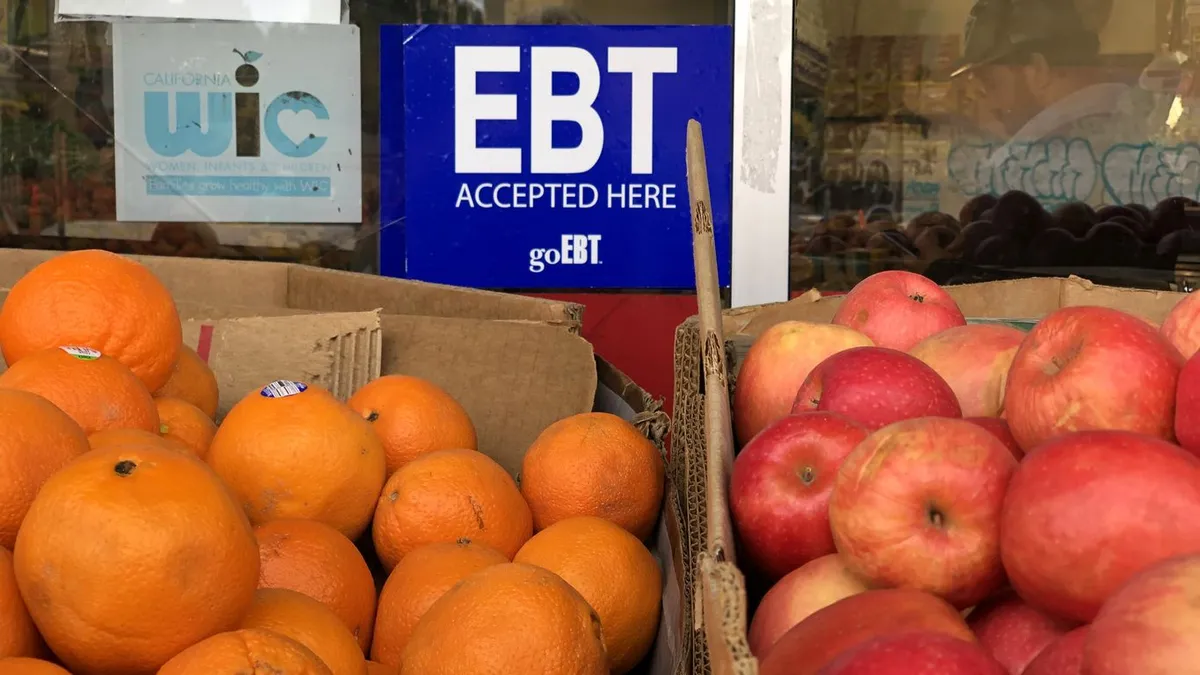
As the government shutdown looms, concerns regarding the Supplemental Nutrition Assistance Program (SNAP) and its related benefits are rising. In November, approximately 42 million Americans, or around 20 million households, are expected to experience a halt in their SNAP benefits. This situation raises critical questions about the functionality of EBT cards and the financial well-being of millions of families across the nation.
Despite the freeze on new SNAP benefits, experts have clarified that EBT cards will not cease to function immediately. Recipients can still utilize any remaining funds from previous months. However, many SNAP participants typically spend their benefits as soon as they receive them, meaning this rollover may not significantly alleviate the financial strain for most families. It's essential to understand how SNAP benefits and EBT cards operate during this challenging time.
With the government shutdown expected to extend into November, disruptions have already impacted various sectors, including air travel and food assistance programs. The U.S. Department of Agriculture (USDA) has informed states that there will be no SNAP payments for November, nor will emergency funds be allocated for food stamps. As a result, many families will find themselves struggling to purchase essential food and goods.
It’s important for SNAP recipients to understand that while their EBT cards will remain active, regular monthly payments will not be processed. Rep. Shontel Brown (D-Ohio) emphasized in a press release, "Your existing card will continue to work, but your regular payment will not appear." Mackenzie Libbey from Community Legal Services advised CBS News that the funds on the cards are already appropriated and should not be hastily spent at the end of October.
Research indicates that many SNAP recipients tend to spend the majority of their benefits quickly. According to Lauren Bauer from the Brookings Institution, about 80 percent of benefits are utilized within the first two weeks of issuance, and 97 percent are spent by the end of the month. This immediate spending not only supports individual families but also acts as a revenue source for local grocery stores. A decrease in SNAP benefit usage could potentially lead to a broader decline in overall consumer spending.
Different states are responding variably to the lack of SNAP funding. For instance, New Hampshire has advised families to utilize all available funds before the October 31 deadline. Oklahoma has similarly urged families to budget wisely in anticipation of the November 1 cutoff. In contrast, Virginia has declared a state of emergency to allocate funds for SNAP benefits, while Colorado's Governor Jared Polis has sought up to $10 million to support local food banks.
Once the government shutdown concludes, many anticipate that any missed benefits will be retroactively credited to EBT cards. Rep. Brown encourages those in need to continue applying for or renewing their benefit applications to ensure they do not miss out on assistance once the situation stabilizes.
As the freeze approaches, food banks nationwide are already witnessing a surge in demand. Millions of families are preparing for the anticipated lack of benefits, signaling a growing crisis for those dependent on SNAP for their daily sustenance.
Stay informed and prepared as the situation develops, and seek assistance if you're facing challenges accessing food resources during this uncertain time.